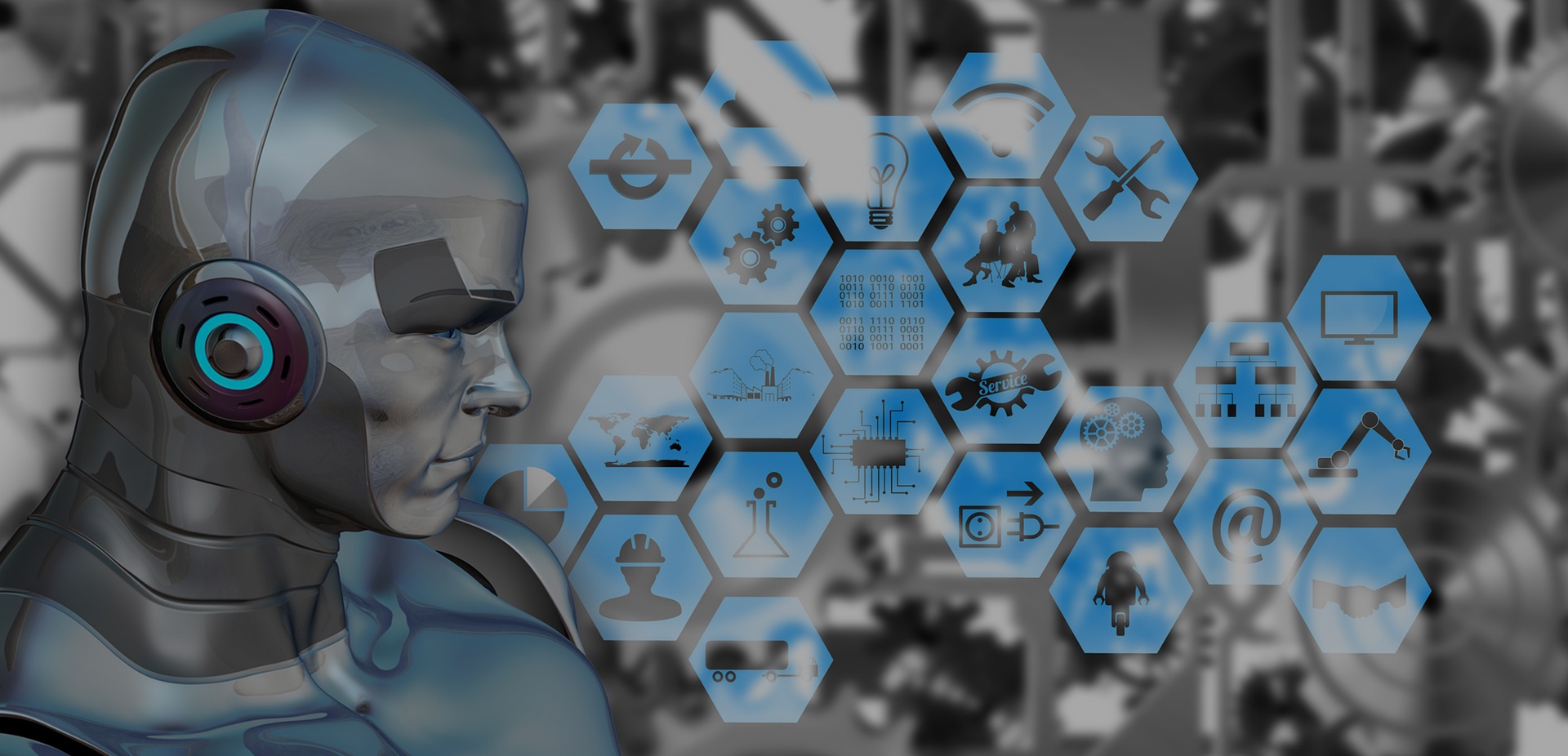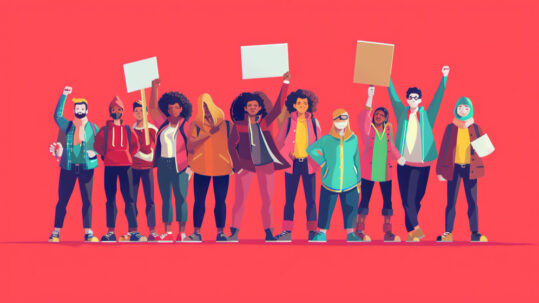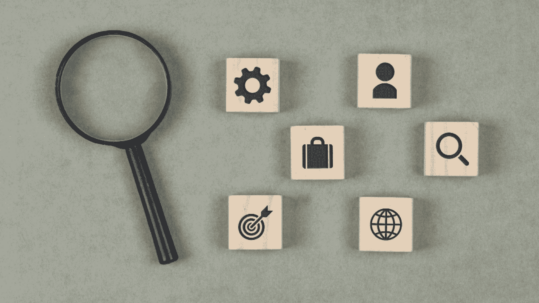
The imminent impact of computers and machines on the workforce is a hot topic. Technology is developing at a rapid pace, and companies are finding more effective ways to perform essential tasks – faster and efficiently. The development of artificial intelligence (AI) also means that computers are becoming smarter and will quickly be able to deliver even more complex work.
What is artificial intelligence, and what it means for employees?
A Stanford professor defined artificial intelligence as “the science and engineering of creating intelligent machines, especially smart computer programs. This is related to the similar task of using computers to understand human intelligence, but artificial intelligence does not have to be limited to biologically observable methods.”
Experts predict the high impact of intelligent technology in all aspects of our lives. According to McKinsey Global Institute, although companies will significantly increase operational efficiency, about a third of global employees can be replaced by AI by 2030.
The impact of AI on recruiting?
Although there is not much reliable data on the impact of artificial intelligence on recruiters, in most reports, HR professionals are safe from getting replaced. That said, recruitment software already has many features that streamline the work of recruiters.
Keywords tracking
Recruiters mostly look for specific skills or previous jobs while viewing resumes and cover letters. The right recruitment software is able to scan these documents and choose keywords related to the job profile. This feature saves recruiters a vast amount of time, freeing them from the tedious task of reviewing each candidate’s resume and cover letter.
It is important, however, not to rely excessively on the keyword scanning feature provided by a recruitment software. The fact that a candidate does not use a specific term in his application documents does not mean that he is not qualified. It is a good practice to at least quickly review each application so as not to miss any candidates.
Resume parsing
Fortunately, hiring software makes it easy to check the origin of each candidate. Most solutions can convert resume content to a consistently formatted candidate profile – a process known as resume parsing.
Candidate profiles let you easily understand each person’s skills and experience. Instead of having to understand the background presented in a unique resume, you can get a quick overview of what the candidate can do. AI engines can identify and predict the likeness of a resume selection with the job requirement.
Automated messaging
It is crucial to engage candidates on the status of their applications as their application progresses in the recruitment process. However, writing a message to everyone who is applying for a role is simply impractical.
You can add message templates to your recruitment software, which are automatically sent to candidates at the right time. The most common problems occur when you receive their application or need to notify them that the job requirement is filled. Scheduling interviews or presenting an offer letter often requires personalized communication, but you can still send and register messages in the recruitment solution.
But, AI is not the decision maker
Although artificial intelligence has a significant impact on the workforce, recruiters are likely to be safe, and they will get the AI advantage. There are many options for a recruitment software, but the benefits are mostly automated workflows and not necessarily computerized decision making.
Learn the art of perfect hiring with “The Definitive Guide to Candidate Sourcing.”
What you need to understand here is that choosing the perfect candidate for a job requires human intuition. You can’t run a stack of resumes using a computer or computer program and ask them to tell whom to hire.
You can use the software to streamline the recruitment process. It will help you identify candidates with specific keywords in your resume and cover letter, and transform their documents into candidate profiles. Then you can easily find out who to interview and make them a part of your team.
But that is where the advantages of technology end. Interviews require meeting the candidate in person and finding out what they can offer to your organization. You must then take a call and decide who should get the job. The computer cannot make that decision for you.
Despite all the noise associated with AI replacing the workforce, recruiters probably have nothing to fear. Take into account the benefits of technology and make sure you have the best recruit.
To receive and stay updated about related content:





